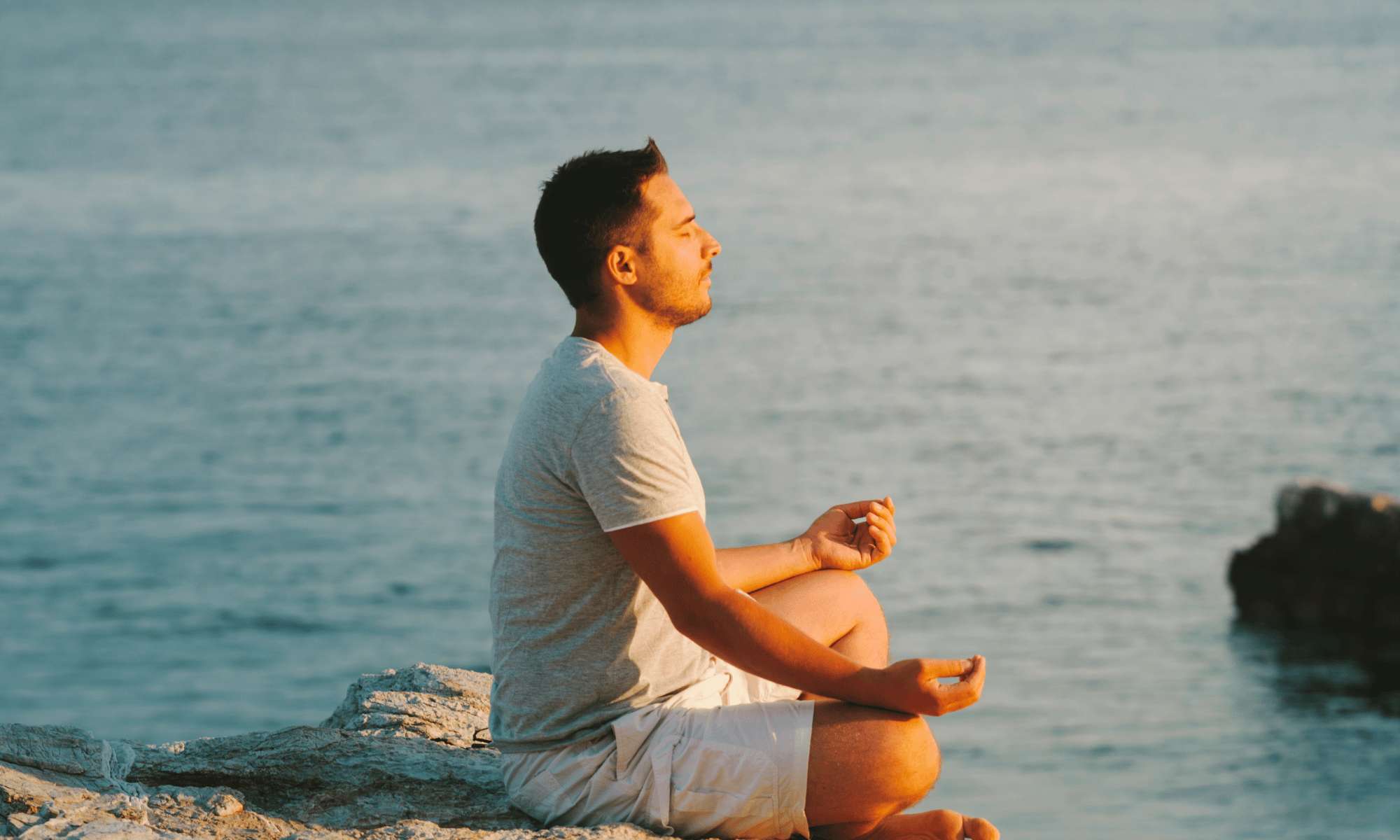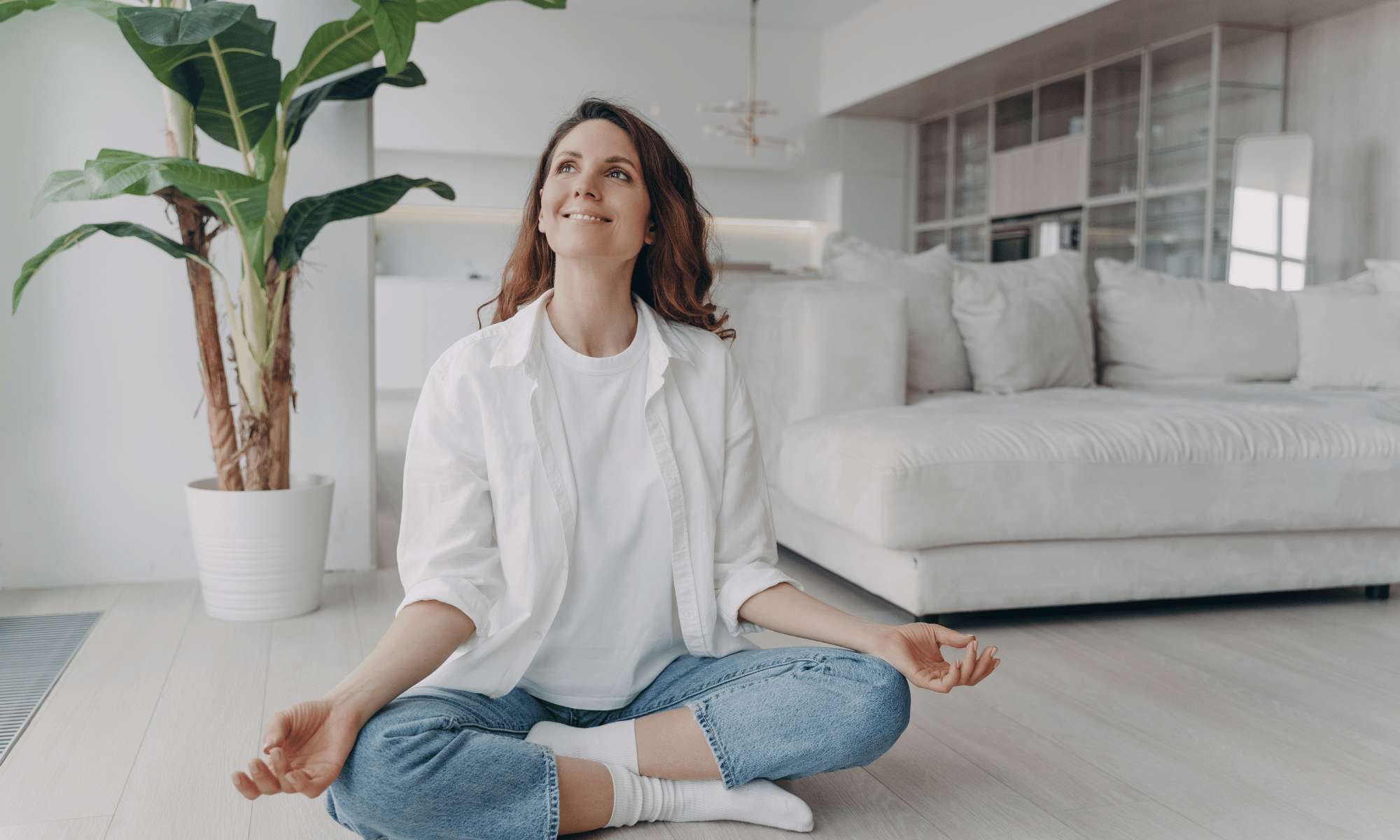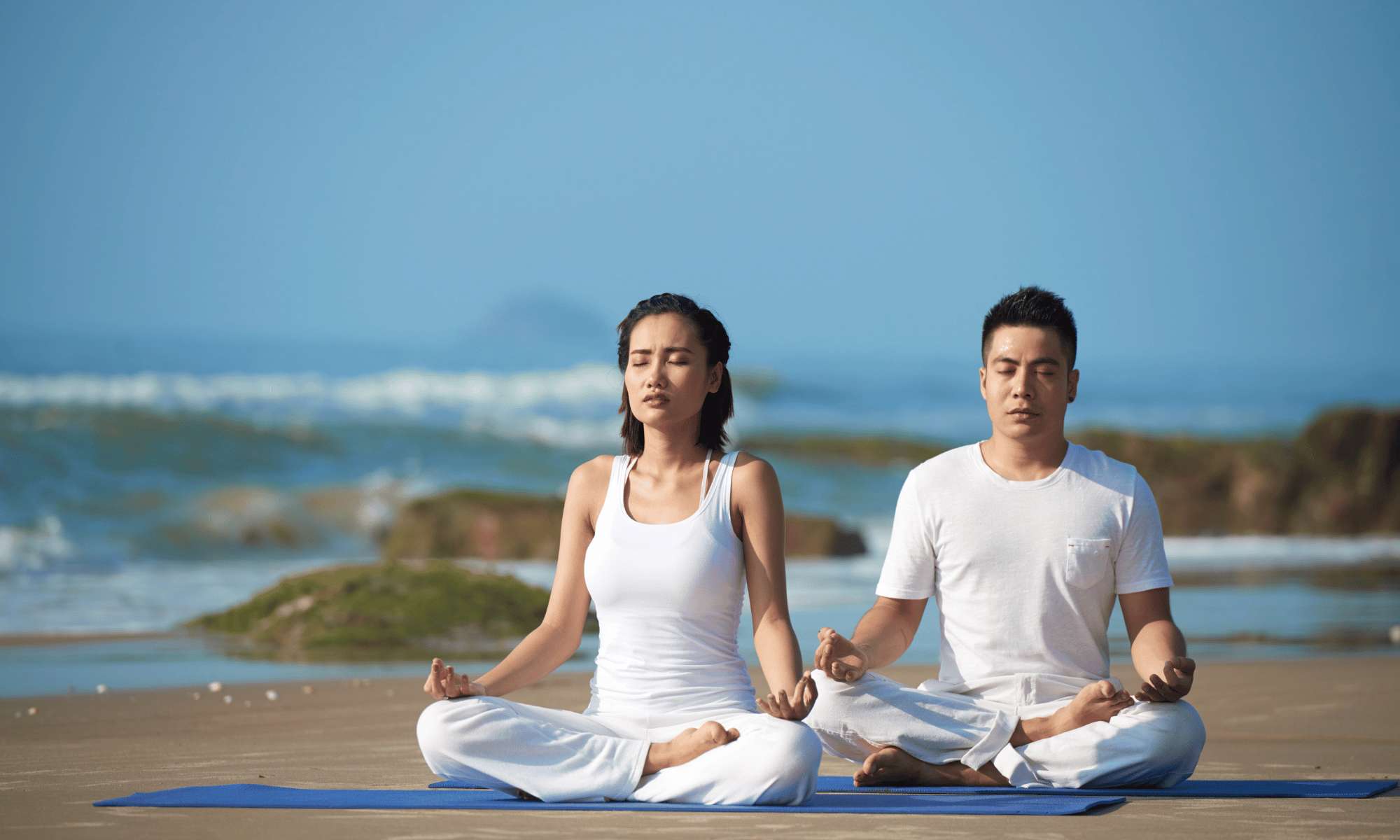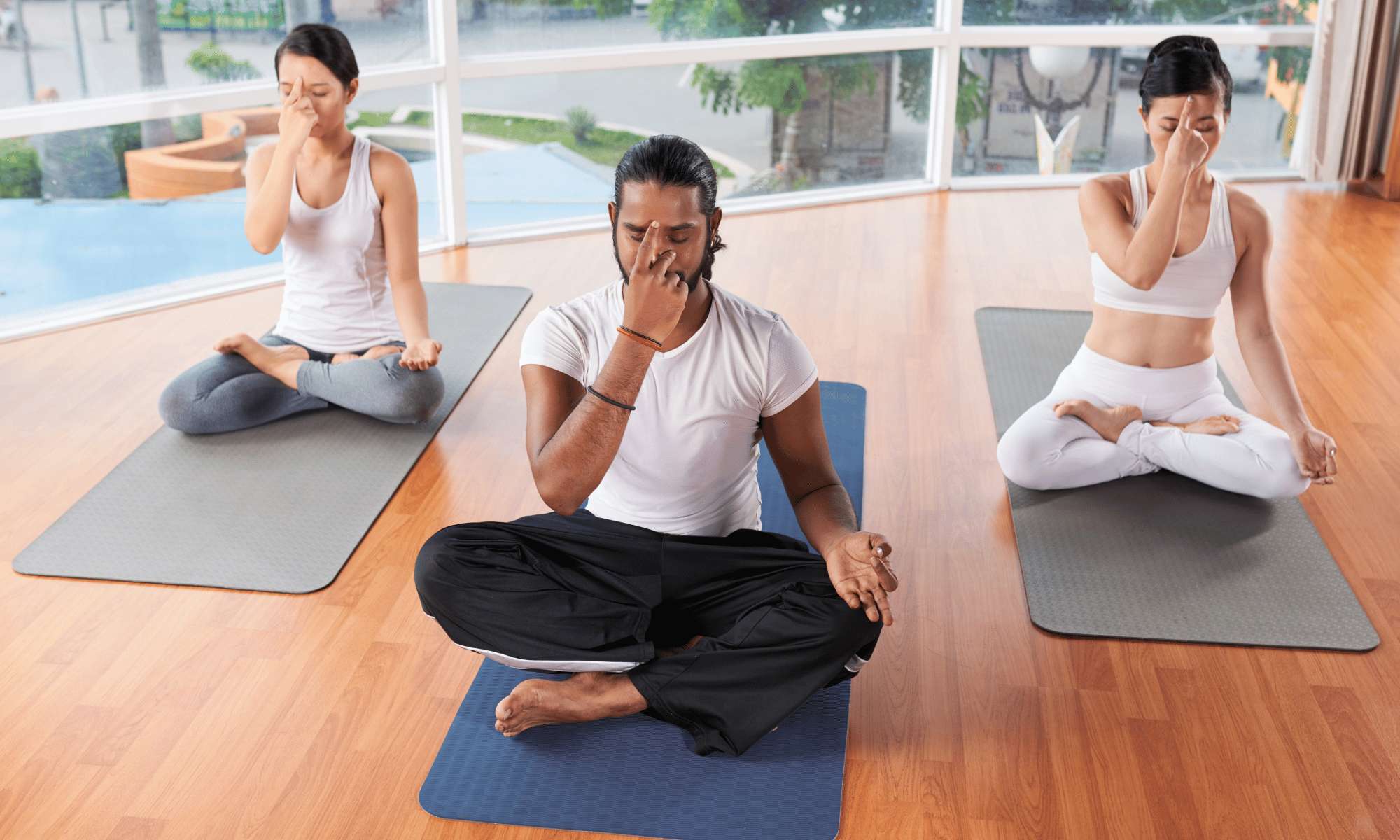Yoga and ADHD: Cultivating Balance and Calm
Aug 30, 2023

Introduction
Living with ADHD (Attention-Deficit/Hyperactivity Disorder) can often feel like navigating through a whirlwind of thoughts and energy. In the quest for effective management strategies, yoga has emerged as a holistic approach that promotes balance, focus, and calmness. This article will explore how incorporating yoga into your routine can offer a unique avenue for managing ADHD symptoms and fostering a sense of well-being.
Understanding ADHD and its Challenges
ADHD is characterized by difficulties in attention, impulse control, and hyperactivity. These challenges can impact various aspects of life, including academic performance, relationships, and self-esteem. While medications and therapy play a crucial role in managing ADHD, complementary practices like yoga can provide additional benefits.
The Benefits of Yoga for ADHD
- Enhanced Focus and Concentration: Yoga encourages mindfulness and present-moment awareness. Practicing poses and breathing exercises requires concentration, which can help improve attention span over time.
- Stress Reduction: Yoga involves controlled breathing and relaxation techniques that activate the parasympathetic nervous system, reducing stress and anxiety—a common occurrence for those with ADHD.
- Improved Self-Regulation: Yoga teaches self-awareness and self-regulation. Techniques like deep breathing and meditation empower individuals to manage impulses and emotional responses.
- Mind-Body Connection: Yoga fosters a stronger connection between the mind and body. This heightened awareness can lead to better recognition of triggers and the ability to proactively manage them.
- Physical Activity: Engaging in yoga involves gentle physical movements that help expend excess energy. It can be an effective outlet for hyperactivity and restlessness.
Incorporating Yoga into Daily Life
- Start Slowly: Begin with simple, beginner-friendly yoga poses and gradually build your practice. Consistency is key.
- Breathing Exercises: Teach your child deep breathing exercises. These techniques can be used to calm down in stressful situations.
- Mindful Sessions: Encourage mindful practice by focusing on the sensations, movements, and breath during yoga sessions. This practice can enhance concentration and self-awareness.
- Yoga Breaks: Incorporate short yoga breaks into your child’s routine. A few minutes of stretching and breathing can help them reset and refocus.
- Yoga as a Family: Practice yoga together as a family. This not only promotes bonding but also creates a supportive environment for managing ADHD challenges.
Seeking Professional Guidance
- Yoga Instructors: Enroll your child in yoga classes led by experienced instructors who understand the needs of individuals with ADHD.
- Consultation: If your child has ADHD, consult with their healthcare provider before starting a new physical activity routine. They can provide guidance on safe and effective practices.
Conclusion
Yoga offers a holistic approach to managing ADHD by fostering balance, calmness, and self-awareness. Incorporating yoga into daily life, practicing mindfulness, and seeking professional guidance can create a positive impact on ADHD symptoms. At Elite Mindful Health, we believe in the power of integrative approaches to well-being. Incorporating yoga into your child’s routine can be a transformative step toward cultivating balance and calm in their journey of managing ADHD.
In conclusion, if you’re intrigued by the potential benefits of incorporating yoga into your ADHD management strategy to cultivate balance and calm, it’s advisable to consult your doctor or a healthcare professional for personalized guidance. When you’re ready to take proactive steps towards a more balanced and calm life, schedule a free consultation with us. Our team is here to provide the support you need. Click here to initiate your journey towards improved well-being through the practice of yoga.
Recent Blogs
-
 The Art of Relaxation: Creative Outlets for Easing Anxiety
The Art of Relaxation: Creative Outlets for Easing Anxiety -
 Overcoming Panic Attacks: Practical Tips for Regaining Control
Overcoming Panic Attacks: Practical Tips for Regaining Control -
 Cultivating Resilience: Building Coping Skills to Face Anxiety
Cultivating Resilience: Building Coping Skills to Face Anxiety -
 Nature Therapy for Anxiety: Connecting with the Outdoors for Healing
Nature Therapy for Anxiety: Connecting with the Outdoors for Healing -
 Social Anxiety: Strategies for Navigating Social Situations with Confidence
Social Anxiety: Strategies for Navigating Social Situations with Confidence -
 Nutrition for Nerves: Foods That Soothe Anxiety Symptoms
Nutrition for Nerves: Foods That Soothe Anxiety Symptoms -
 Cognitive-Behavioral Therapy for Anxiety: Rewiring the Anxious Mind
Cognitive-Behavioral Therapy for Anxiety: Rewiring the Anxious Mind -
 Mindfulness Meditation for Anxiety Relief: Techniques to Try Today
Mindfulness Meditation for Anxiety Relief: Techniques to Try Today -
 The Power of Breath: Using Breathing Techniques to Reduce Anxiety
The Power of Breath: Using Breathing Techniques to Reduce Anxiety -
 Exploring Herbal Remedies for Supporting Mental Wellness
Exploring Herbal Remedies for Supporting Mental Wellness








